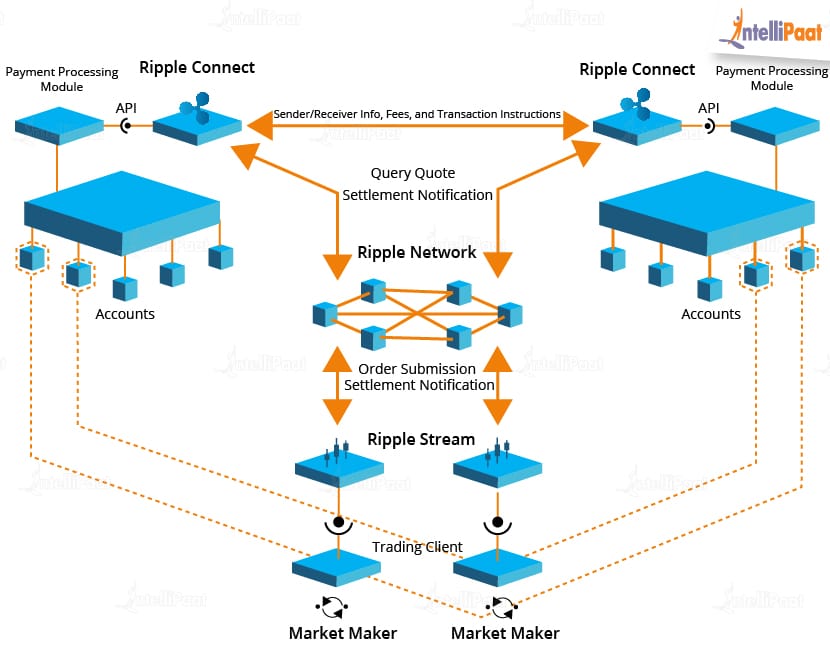Blockchain’s Ripple Effect: Revolutionizing The World Of Intellectual Property Rights
Blockchain’s Ripple Effect: Revolutionizing the World of Intellectual Property Rights

- The Benefits Of Tokenized Real Estate On Blockchain
- Decentralized Autonomy: Unpacking The Enigmatic World Of DAOs
- Crypto Conundrum: Unraveling The Bitcoin Vs Ethereum Investment Puzzle
- The Rise Of Borderless Payments With Cryptocurrency
- Joining The Future Of Governance: A Step-by-Step Guide To Decentralized Autonomous Organizations
Imagine a digital landscape where artists, inventors, and innovators can safeguard their creations with unparalleled security, transparency, and control. Welcome to the era where blockchain technology is redefining the realm of intellectual property (IP) rights. This emerging force is not only empowering creators but also transforming the way IP is protected, managed, and monetized.
In its simplest form, blockchain is a decentralized, digital ledger that records transactions across a network of computers. This technology is the backbone of cryptocurrencies like Bitcoin and Ethereum, but its potential extends far beyond the world of finance. In the context of IP rights, blockchain offers a robust framework for authenticating, verifying, and tracking ownership, use, and distribution of digital assets.
One of the most significant benefits of blockchain in IP is its ability to prove ownership and provenance. Traditional methods of verifying ownership, such as paper-based documentation and centralized registries, are often cumbersome, susceptible to tampering, and vulnerable to loss or destruction. Blockchain’s immutable ledger, on the other hand, provides an unshakeable record of ownership, allowing creators to establish an undisputed link between themselves and their work.
For artists, this means that their creations can be safeguarded against plagiarism, forgery, and unauthorized use. Blockchain-based platforms, such as Bernstein Technologies and Verisart, are already being used to authenticate and verify the ownership of art pieces, ensuring that creators receive fair compensation and recognition for their work. Similarly, inventors and entrepreneurs can leverage blockchain to protect their patents, trademarks, and copyrights, shielding their innovations from unauthorized exploitation.
Beyond ownership and authentication, blockchain also enables the creation of smart contracts that automate licensing, royalty payments, and other obligations related to IP use. This technology allows creators to set specific conditions and rules for the use of their work, ensuring that they receive fair compensation and maintaining control over their IP. For instance, a musician can create a smart contract that automatically pays them royalties every time their song is streamed or played.
Moreover, blockchain-based platforms are democratizing access to IP markets, empowering creators to connect directly with their audiences and monetize their work without intermediaries. This shift is particularly significant for independent creators, who often struggle to access traditional IP systems due to high costs, complexity, and exclusivity.
While the benefits of blockchain in IP are undeniable, there are also challenges and limitations to consider. For instance, the scalability and interoperability of blockchain platforms can be a concern, particularly when dealing with complex IP assets or large datasets. Additionally, the regulatory landscape for blockchain and IP is still evolving, and creators must navigate a complex web of international laws and standards.
In conclusion, blockchain is poised to revolutionize the world of intellectual property rights, offering unprecedented security, transparency, and control for creators. As this technology continues to evolve and mature, we can expect to see new models of IP protection, management, and monetization emerge. Whether you’re an artist, inventor, or entrepreneur, understanding the impact of blockchain on IP rights is essential for navigating the digital landscape and safeguarding your most valuable assets.
